Exact Answer: 8 to 24 hours, Depending on the Concentration of THC in the Weed
For many years, weed smokers have been loyal to their joints, not the one found in their body, but the one that gives them a euphoric rush.
Cannabis, also known as Weed or Marijuana, is a frequently consumed psychoactive substance. With the talks of legalization of cannabis for medical and recreational use, the prevalence of marijuana has increased drastically, especially among young adults between the ages of 16 and 25.
Having a blast after smoking up is not something rare for weed smokers, however, the same can also be said for the car accidents that they get into, unfortunately. In 2018, it was observed that more than 12 million people in the US drove under the influence of illicit drugs. Although it is not possible to pinpoint the exact number of accidents caused, evidence shows that around 44% of the drivers involved in fatal motor accidents were driving under the influence of drugs, with a majority of them under the influence of cannabis.
Due to the high morbidity associated with motor vehicle crashes, driving under the influence of cannabis is a growing public health concern.
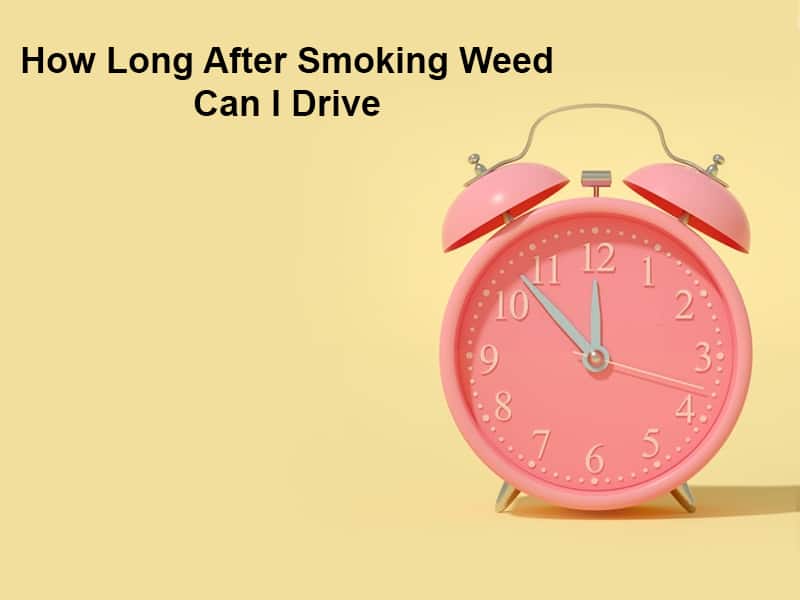
How Long After Smoking Weed Can I Drive?
Driving after consuming drugs is unsafe, and considered a punishable offence. Therefore, it is advisable to not drive until you are completely over the effects of Delta-9-tetrahydrocannabinol (THC), the key active constituent in cannabis plants.
Several studies indicate that the effects of THC on attention, memory and psychomotor activities like driving, depending on the amount of THC consumed through the weed. Researchers have found that drivers, who consumed up to 18 mg of THC via smoking, did not have any psychomotor effects 5-8 hours after consumption. However, for THC concentrations greater than 18 mg, impairments lasted even after the 8-hour mark.
Therefore, if you smoke one joint of marijuana, which contains anywhere from 60 to 140mg THC, you may need to wait for at least 24 hours before you can drive.
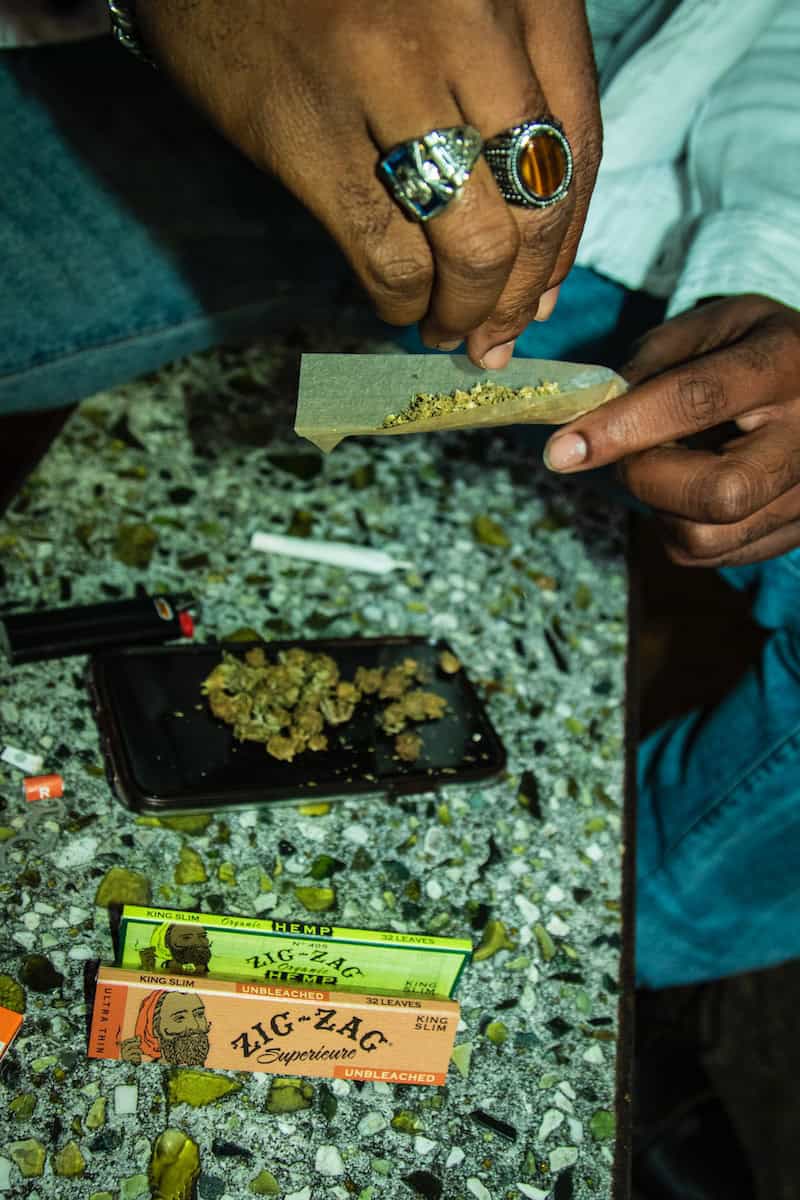
In summary,
| Concentration of THC in the joint (mg) | Time (hours) | |
| 0-18 | 5-8 | |
| 18-140 | 8-24 |
Why Should You Wait for so Long After Smoking Weed to Drive?
A plethora of experiments conducted suggests that marijuana use can seriously impair skills deemed necessary for driving in a dose-dependent fashion. Therefore, it can be said that the higher the levels of THC, the higher the risk of motor accidents. These effects also vary depending on differences in smoking techniques and varying levels of absorptions of THC.
Marijuana can temporarily slow down the motor coordination and the reaction time of drivers. Furthermore, it will impair perception, speed and short-term memory. Drivers also face difficulty in swift decision-making, which in turn leads to overall poor driving, elevating the chances of having an auto crash. These impairments are the greater risk factor in teenagers, as they are still inexperienced drivers.
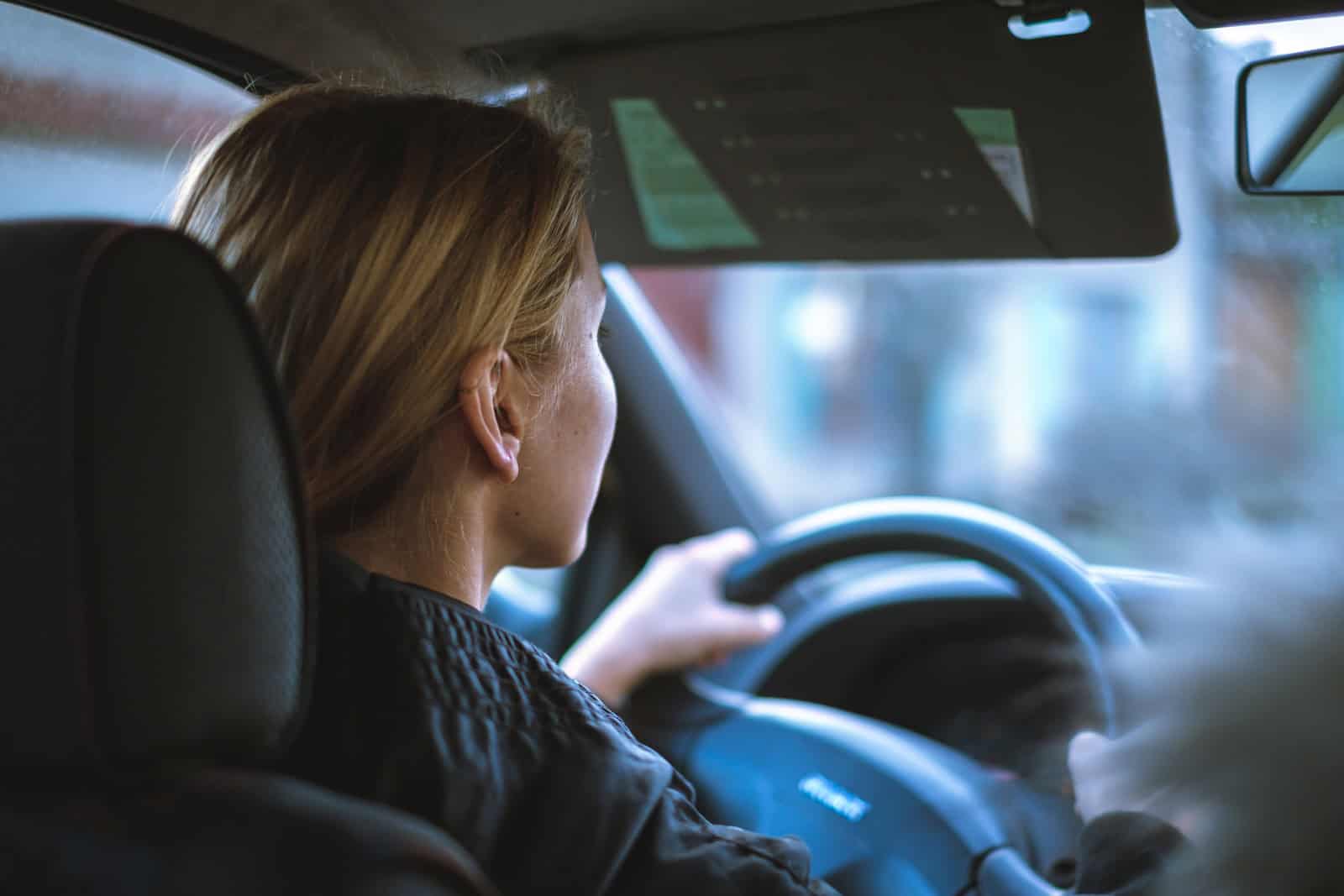
Driving and simulator studies show that these effects are more pronounced with highly automatic driving tasks rather than complex ones that require conscious control. For example, tasks like accelerating and switching lanes are simple, common and automatic. Therefore, the probability of having a motor accident goes up while performing these tasks. On the other hand, looking for a particular address while driving is a complex task, which requires active attention and focus, and hence, drivers have a lesser chance of getting into an accident while performing them.
Another factor affecting THC impairments is the tolerance of the individual. Accidents caused by drugged driving are higher in number for occasional cannabis users. Regular smokers have a higher tolerance to the aforementioned impairment effects.
Conclusion
Driving a vehicle is a big responsibility and should never be taken lightly. It is important to always be alert and aware of your surroundings, take total control of the wheel, and be ready to react to any unforeseen circumstances on the road.
Whether you use marijuana medically or recreationally, you need to always prioritize driving safely. Studies have shown that smoking cannabis before driving can negatively affect your psychomotor actions temporarily. As a result, we lose body coordination, balance and judgment making skills, essential for driving safely, thus, becoming a danger both to ourselves and the environment. It’s imperative for weed smokers to treat their, as well as others’ lives as importantly as they treat their favourite joint.

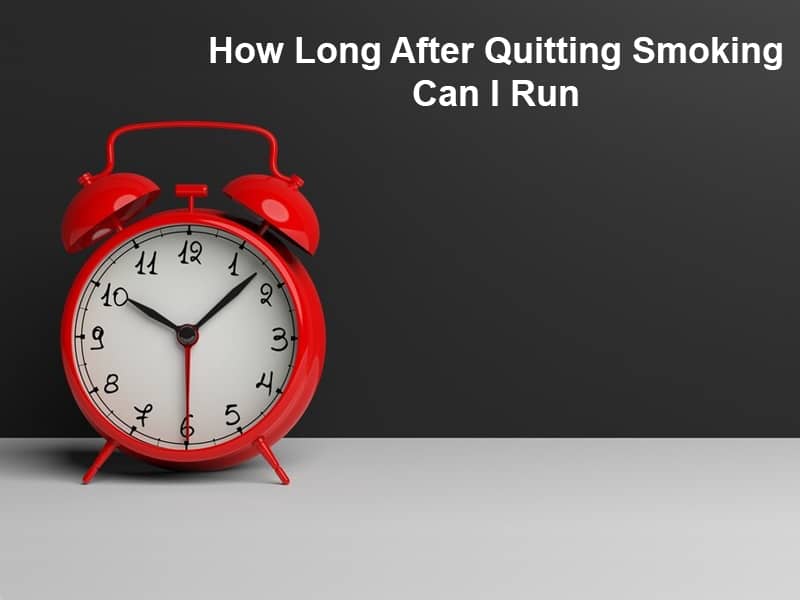


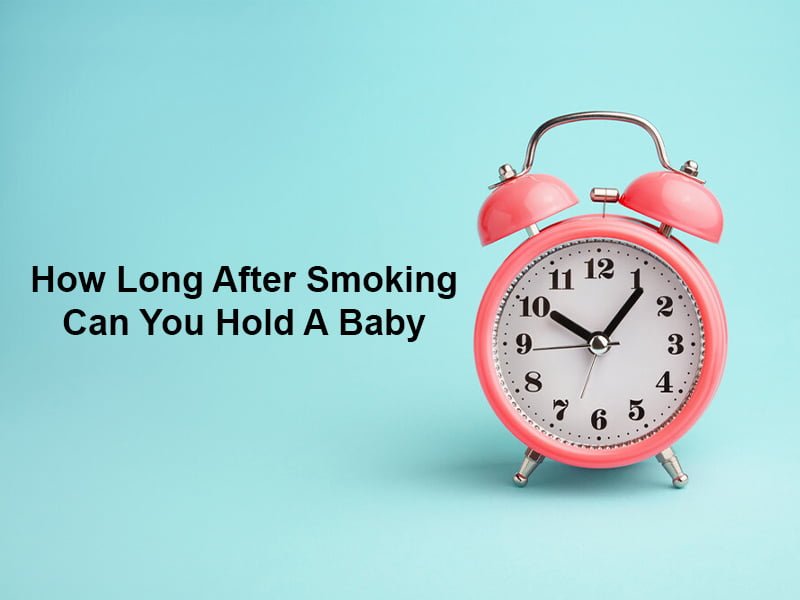
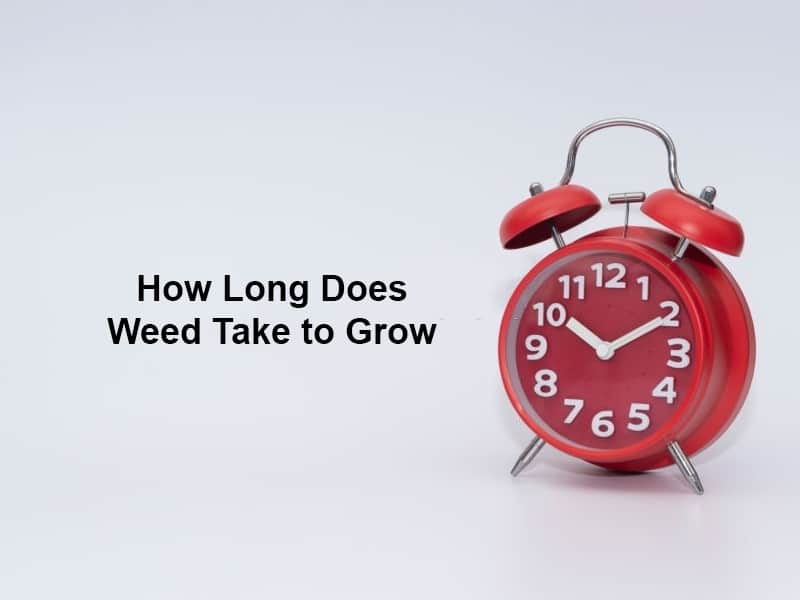
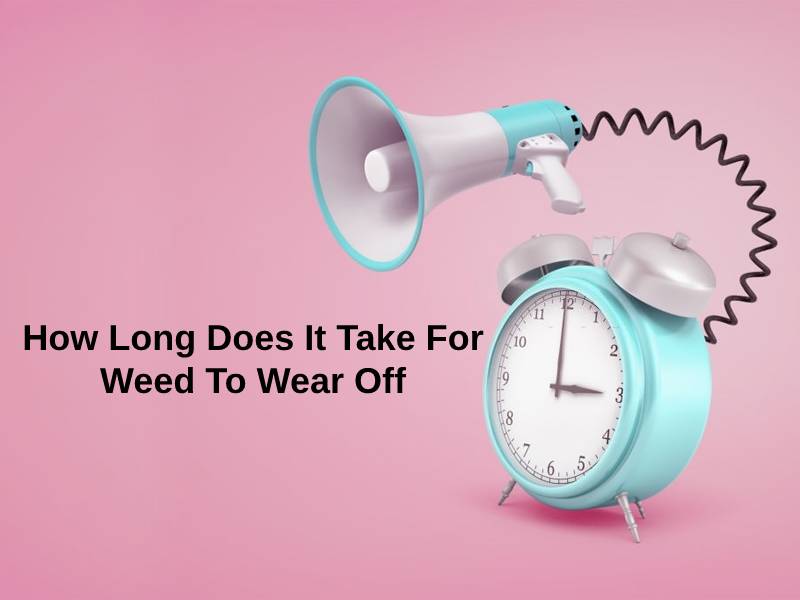
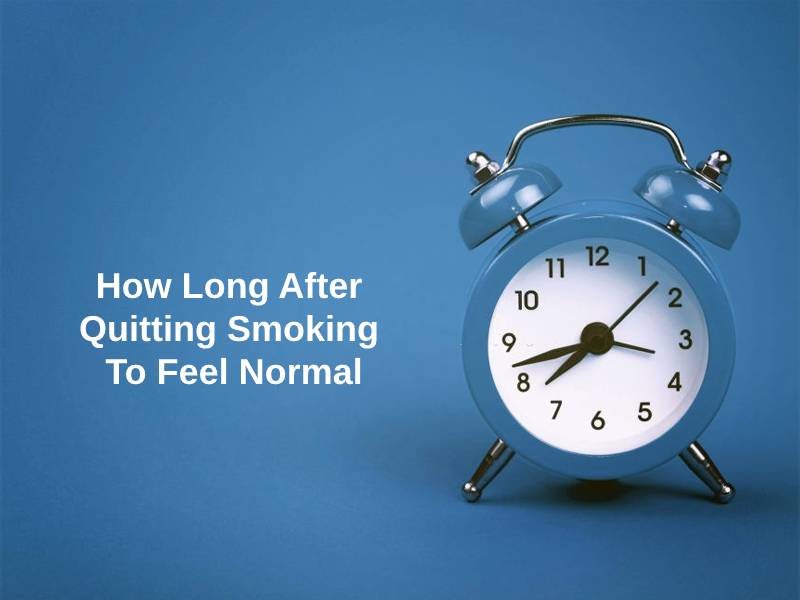
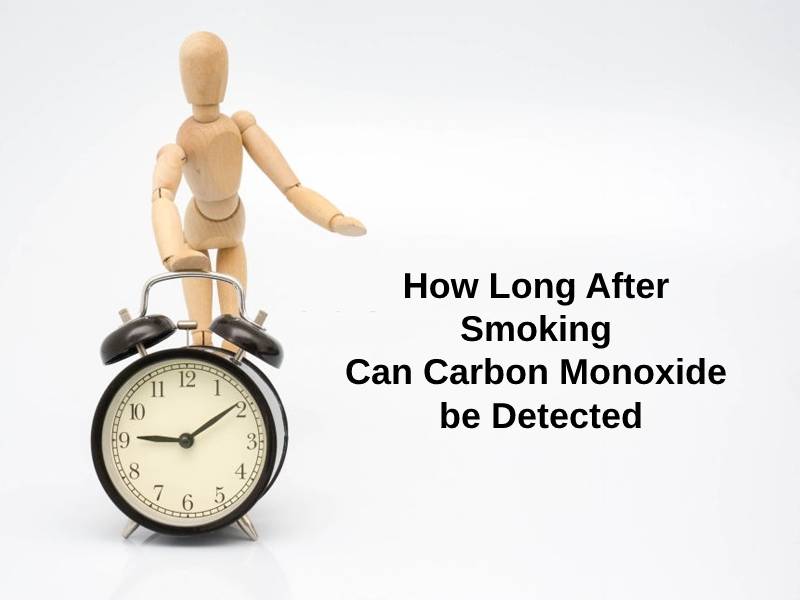
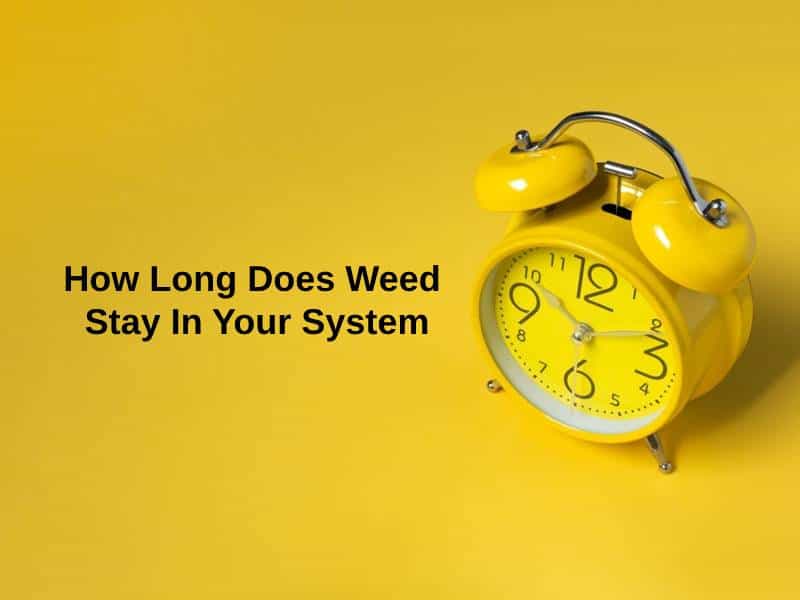
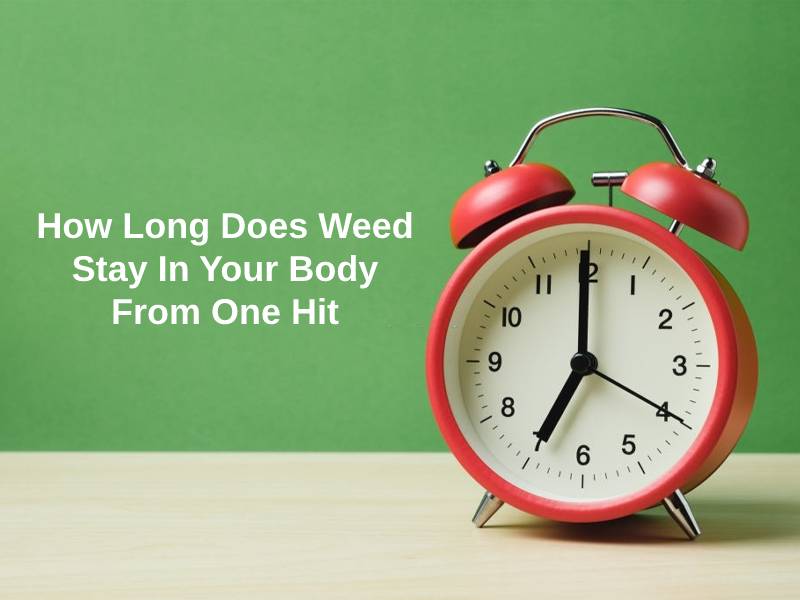
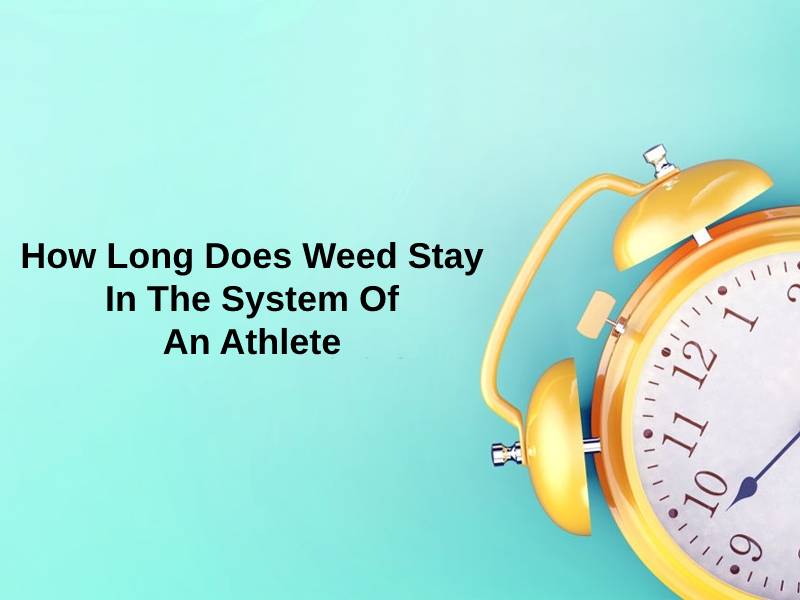
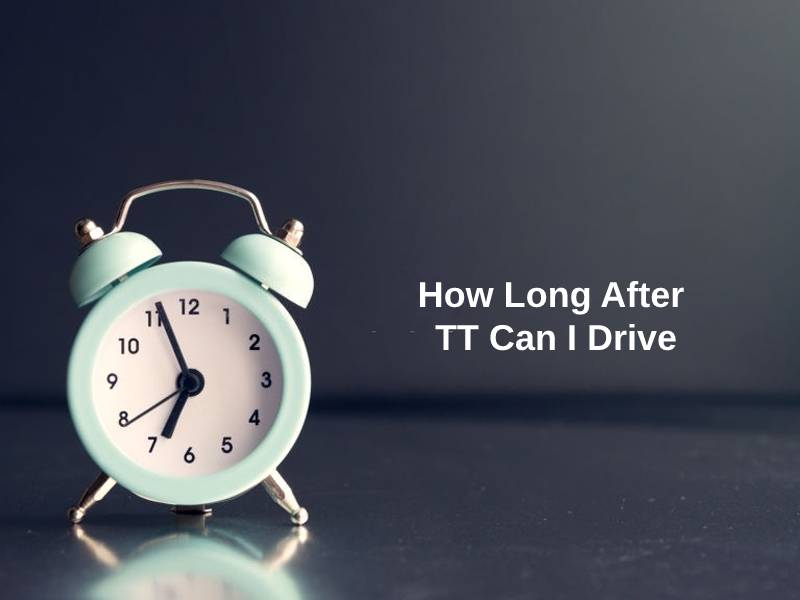
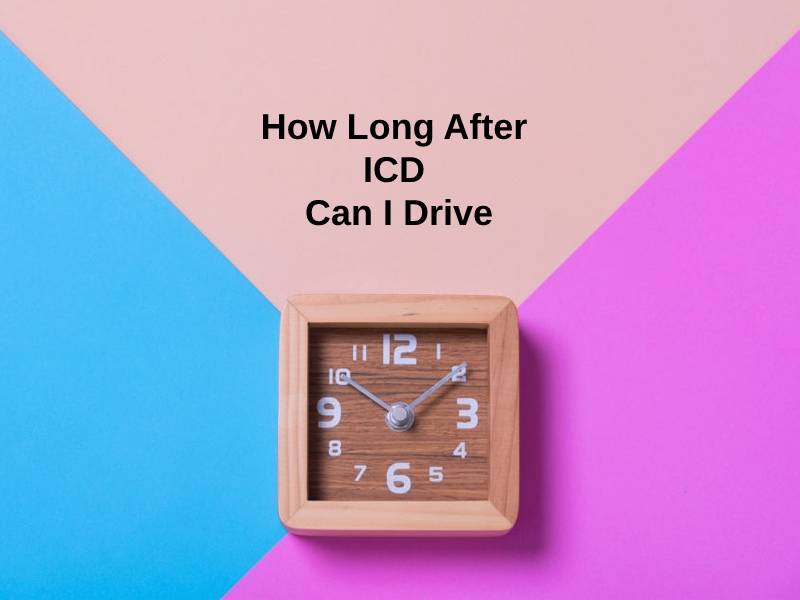
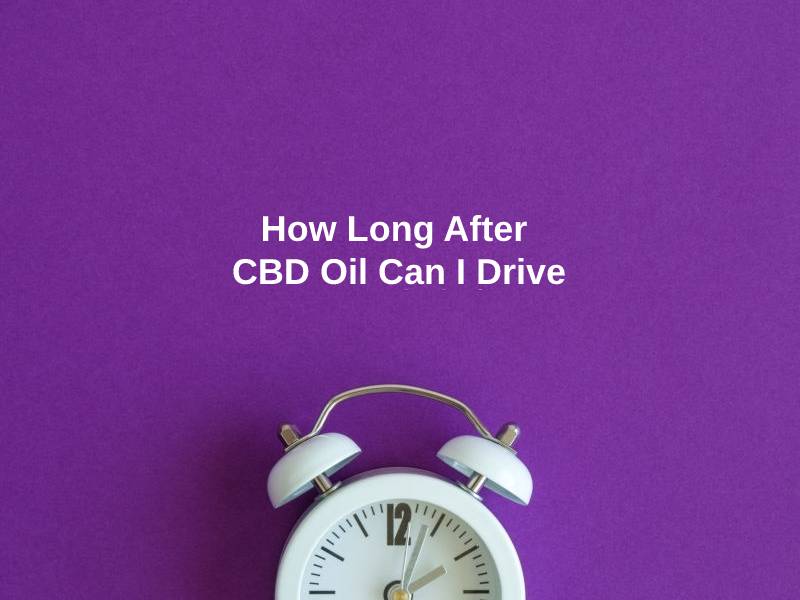
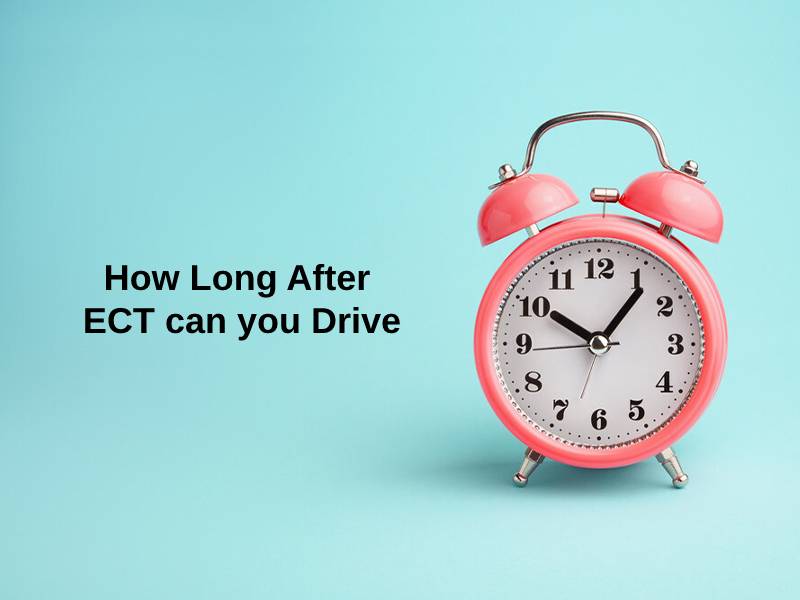
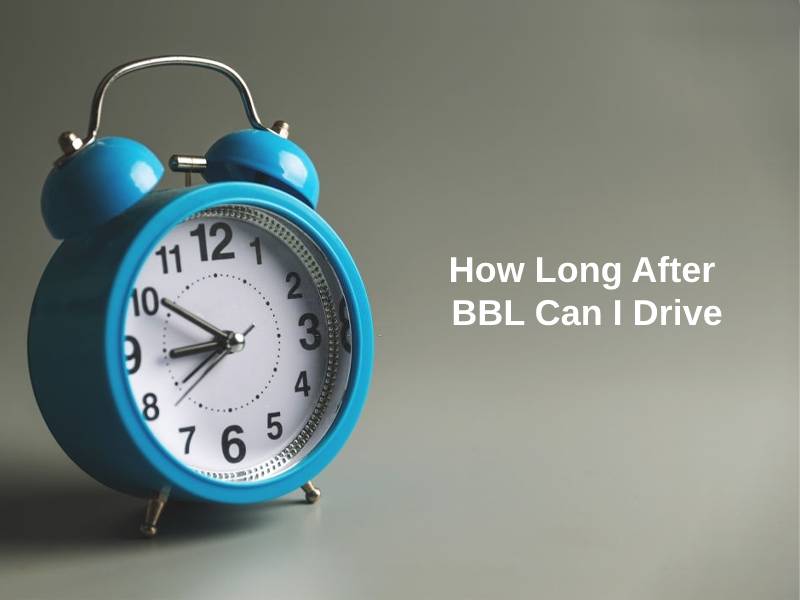
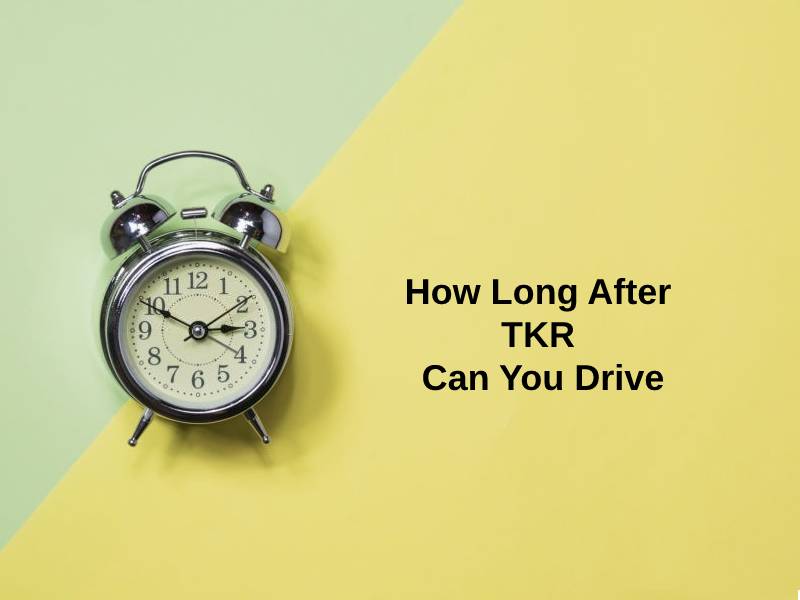
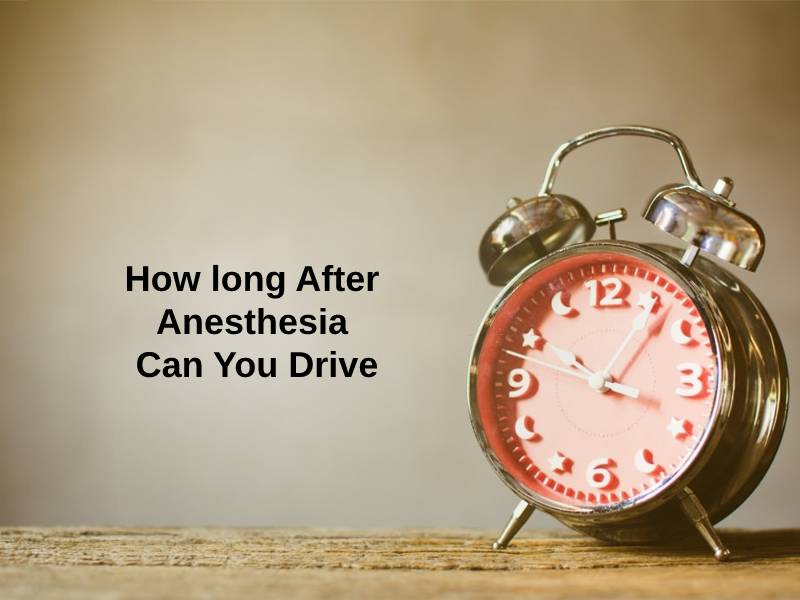
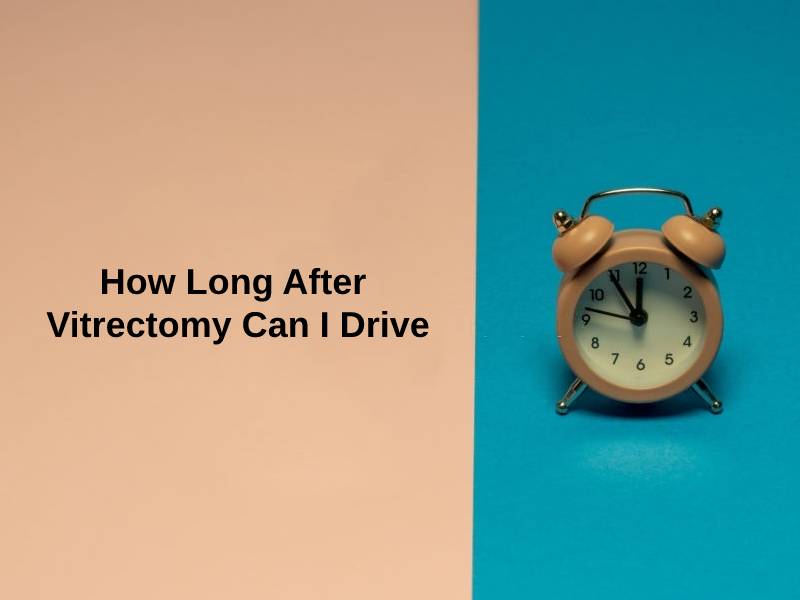
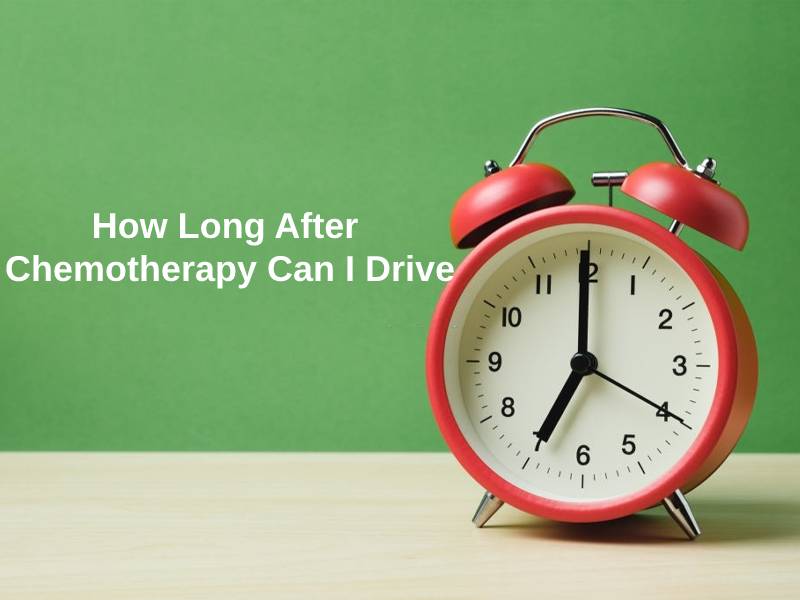
This post is a serious eye-opener. Thank you.
It is truly important to highlight the risks of driving after smoking weed. A solid piece of information that needs to be shared widely.
Agreed. I think it’s essential to spread awareness using content like this.
Indeed, Beth. It’s imperative knowledge for all.
This article is a great source of educational material. I’m glad I came across it.
Yes, I totally agree. This is a must-read for everyone.
This is a well-presented article. Very well researched and written.
Indeed. It’s an intelligent read. Thank you for sharing such insightful information.
Agreed, Reynolds. It’s important for individuals to be aware of these facts.
The research is thorough and very informative.
I couldn’t agree more, Chloe. The content is highly enlightening.
This is very surprising. The information is so relevant and useful.
I found the content to be very valuable and educational.
I think it serves as a solemn reminder of the potential dangers of driving under the influence of marijuana.
This is such important information for regular weed smokers, that I’d never considered.
Agreed, Will. This really brings to light the consequences that can result from smoking and driving, especially for people who are not regular weed smokers.
The information presented is fascinating and very informative.
Yeah, as an occasional smoker of marijuana, this content is very helpful and a reminder to be more responsible. Thank you for sharing.
Completely agree, Dominic. Very useful and fact-based content.
The facts presented are quite shocking. A very informative piece of writing.